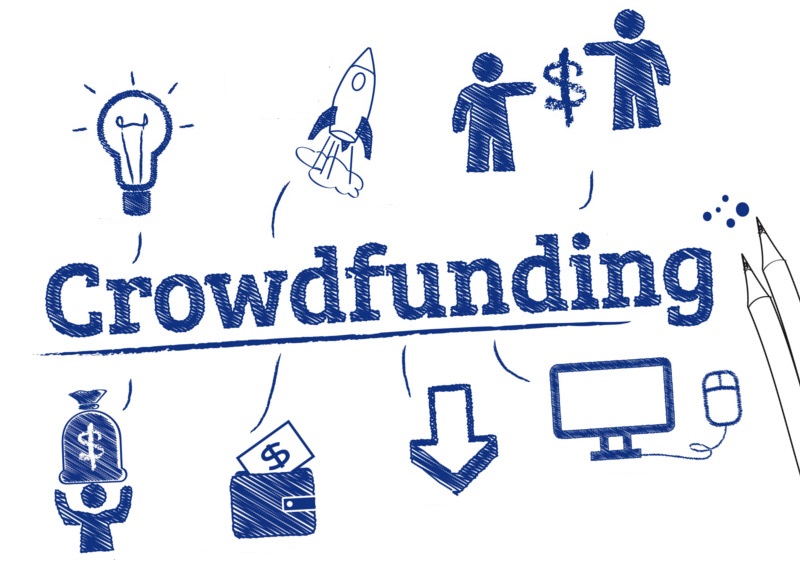
02 Jun
WOULD EQUITY CROWDFUNDING HELP FILL UK VENTURE CAPITAL GAP?
After the UK announced it was leaving the EU, the financial implications of this vote included a slowdown and a pull out by venture capitalists. The most significant of these pull-outs was the European Investment Bank (EIB) which left a hole to the tune of £2 billion. This gap in venture capital means UK start-ups have to become more creative in raising capital, hence the leaning towards crowdfunding.
How different is crowdfunding?
In the typical setting, a start-up will raise capital by working through stockbrokers and investment bankers, who assess the value and then advise venture capitalists to invest in the start-up. This approach has been the norm world over. It is a win-win for everyone; the start-up gets the money, and the venture capitalists invest with reasonable risk.
The problem with this model is that with a squeeze in venture capital as has been seen in the UK, there is a lower appetite for risk, which makes it harder for start-ups to raise money.
Crowdfunding cuts out the stockbrokers and investment bankers to reach out directly to the man on the street. This idea has been happening for a number of years with crowdfunding sites like Indiegogo, Kickstarter, and GoFundMe. These sites are permitted to raise funds for pre-sold items.
Studies show that the average Equity crowdfunding pitch in the UK is £200,000 while the average investor is willing to put in £1,500. There is clearly a big gap in funding needs and what is available.
Hesitant investors
But equity crowdfunding is not catching up as fast start-ups in the UK need it. This is largely due to risk averse investors. The equity crowdfunding model has been likened by some to the South Sea hype of the late 19th century in which numerous investors lost money in hyped up oil investments in the South Sea. But this is largely due to investor ignorance on this model.
However, there are good examples of equity crowdfunding that have had somewhat limited success in crowdfunding. The medium scale London based Camden Brewery, makers of Hells Lager, managed to raise £2.8 million on CrowdCube. Another business, EasyProperties was able to raise £1 million. While these businesses raised capital below their valuations, this is a good show that start-ups can still hit the million mark when they offer promise to small investors.
Equity crowdfunding will surely catch up as more demand comes from start-ups that are promising to investors. For UK start-ups with capital needs over £1 million equity crowdfunding is one of the viable options on the table.
